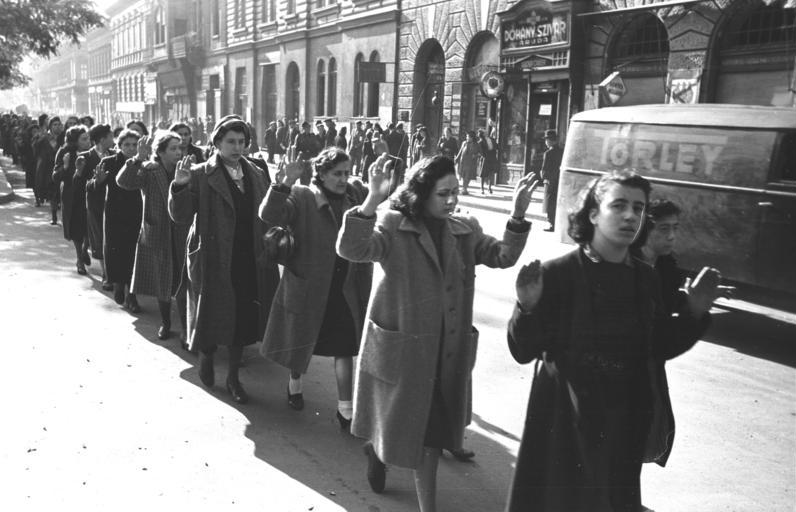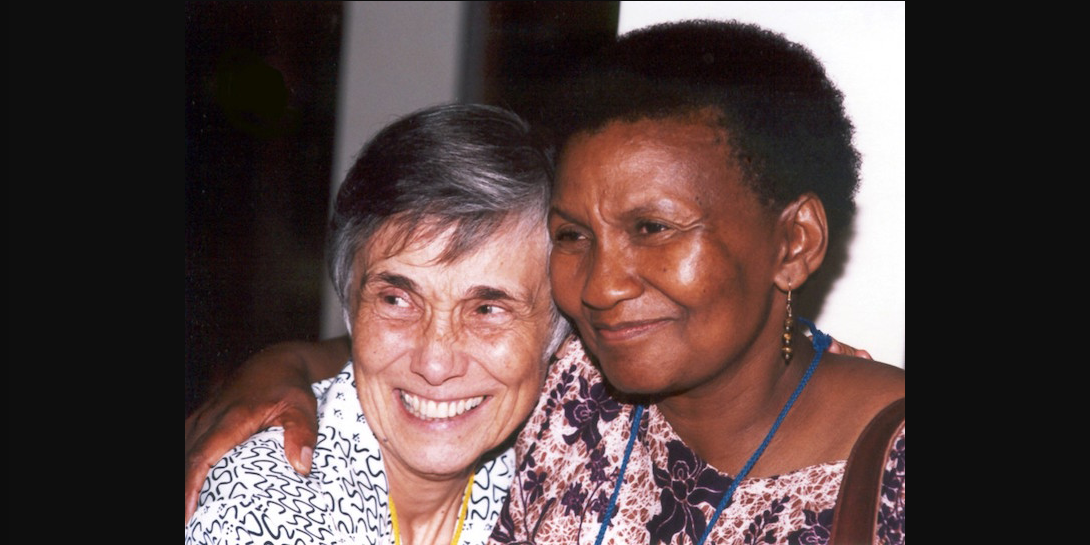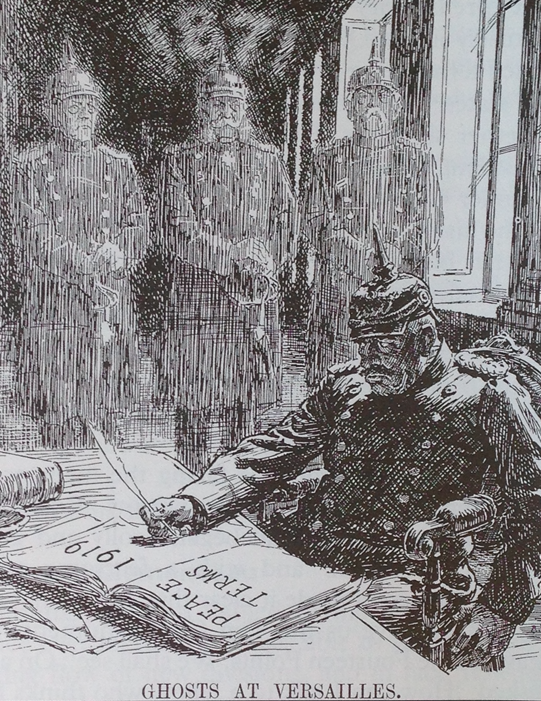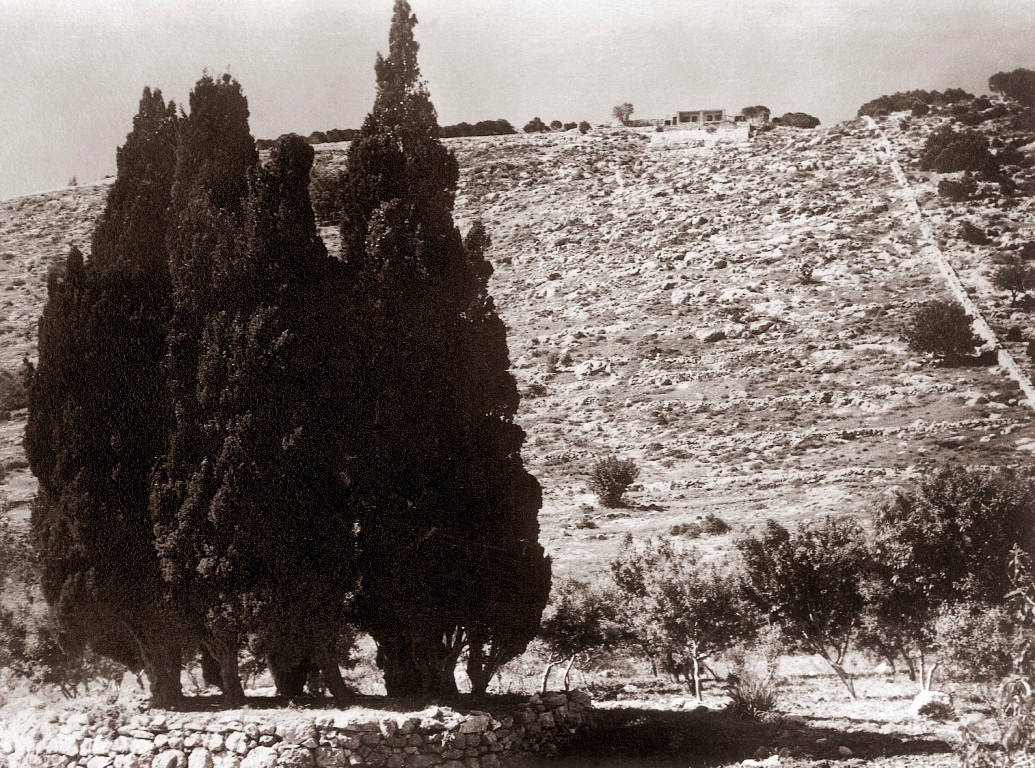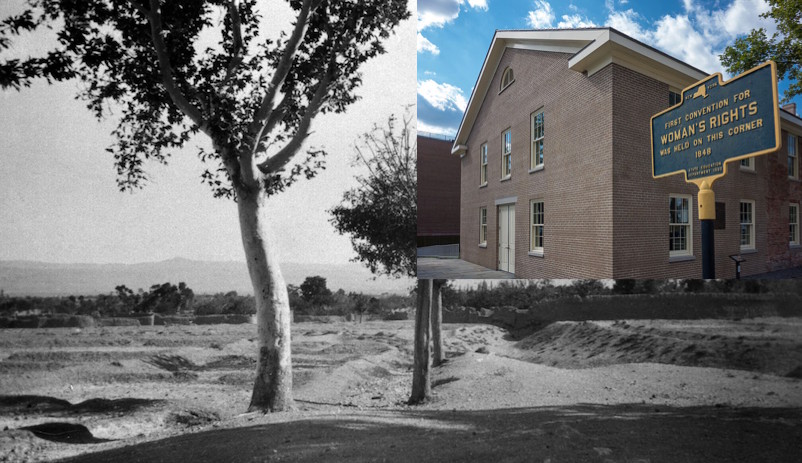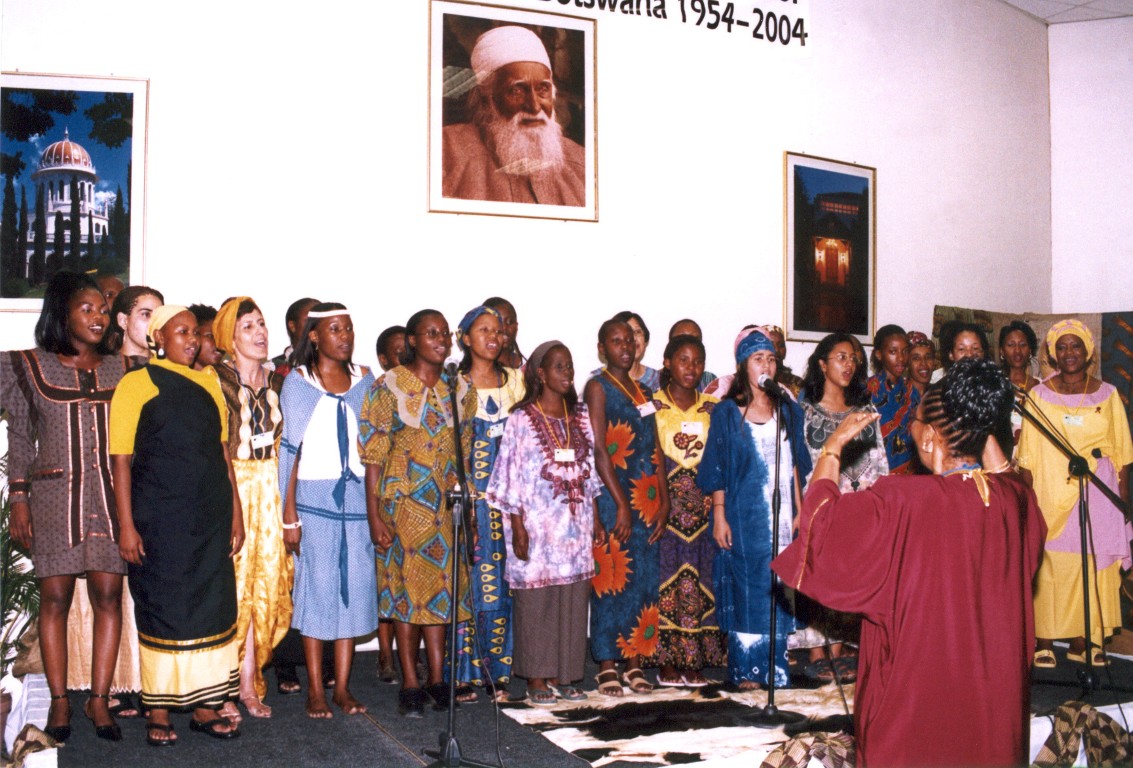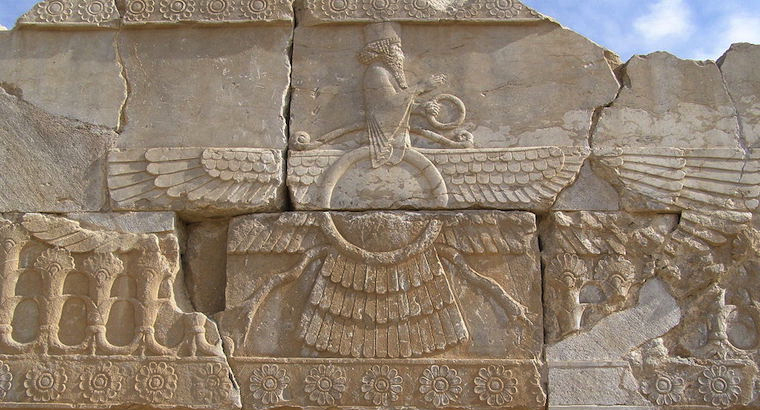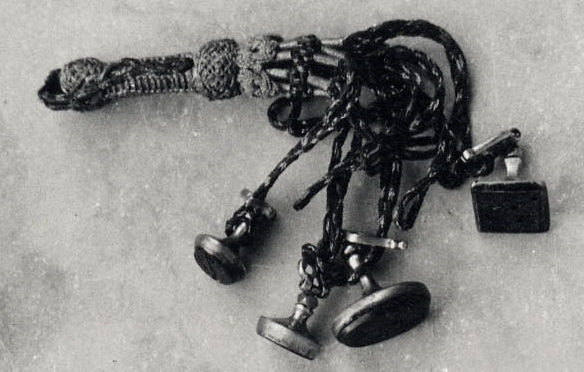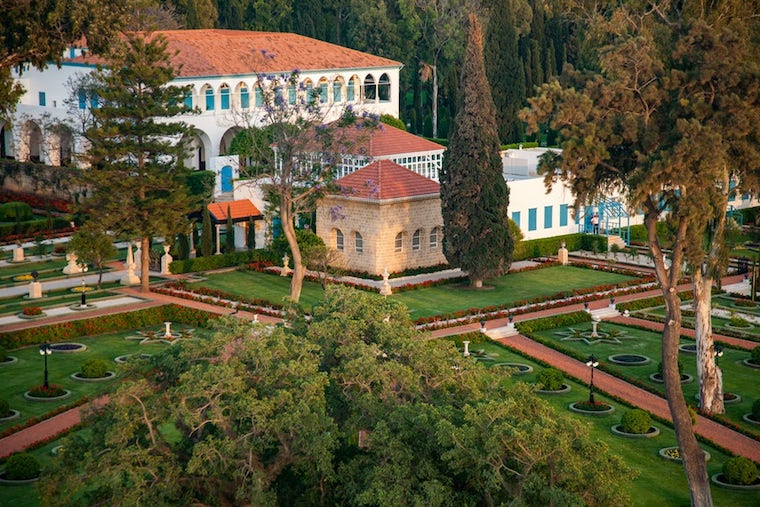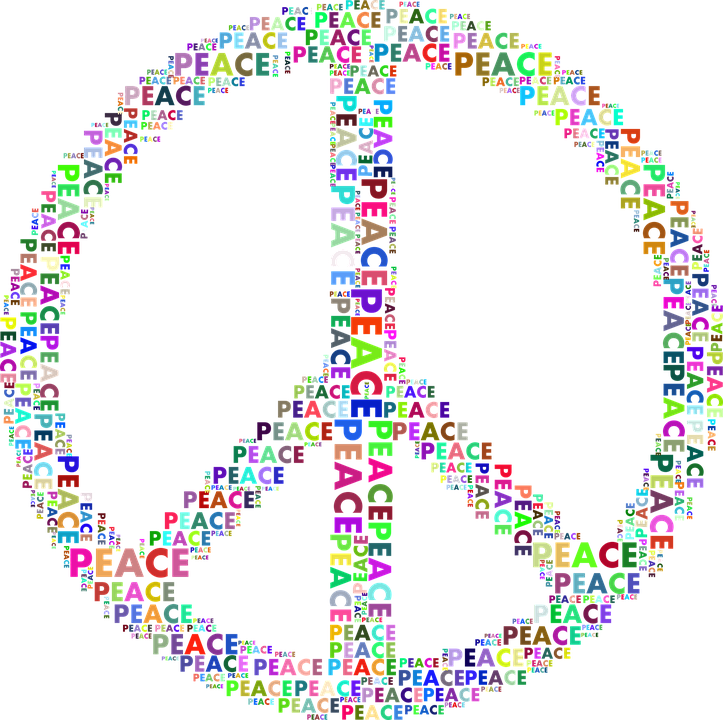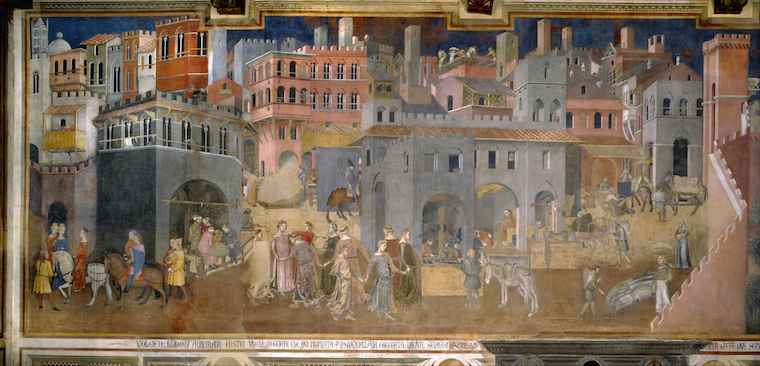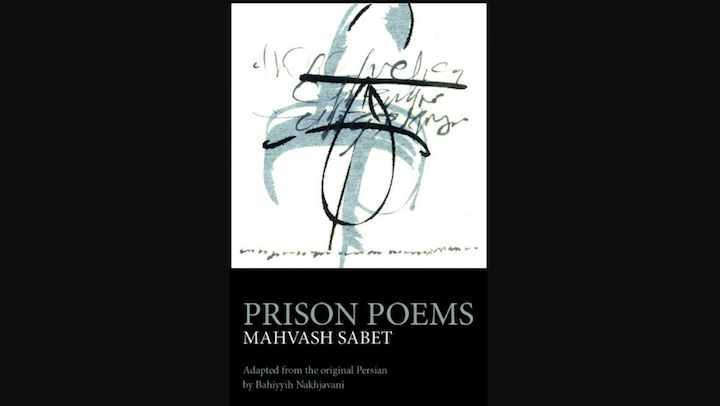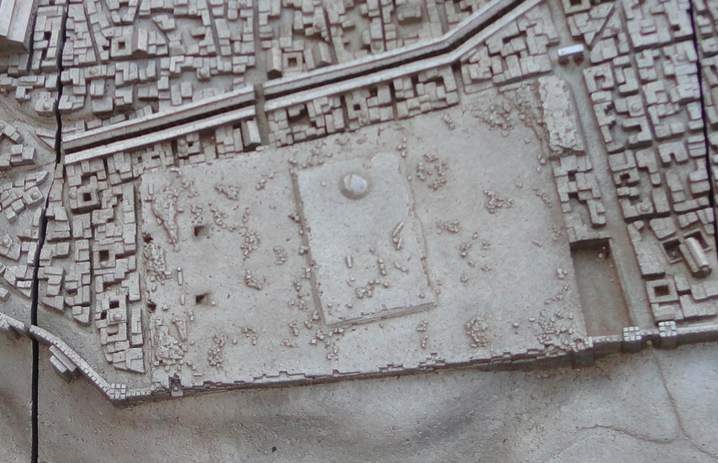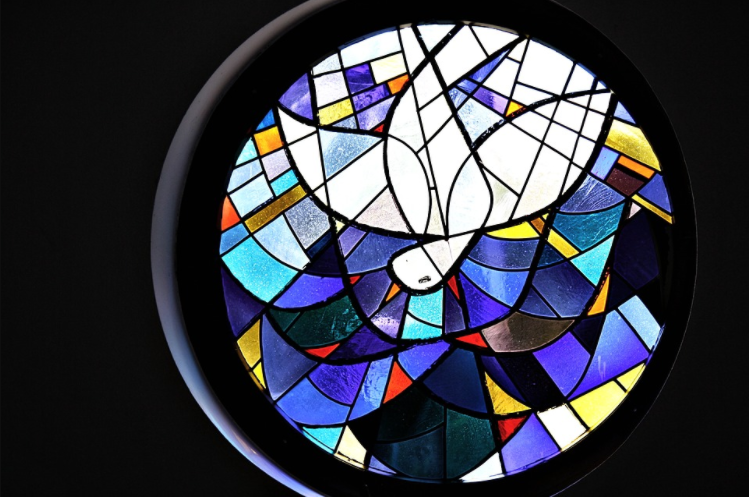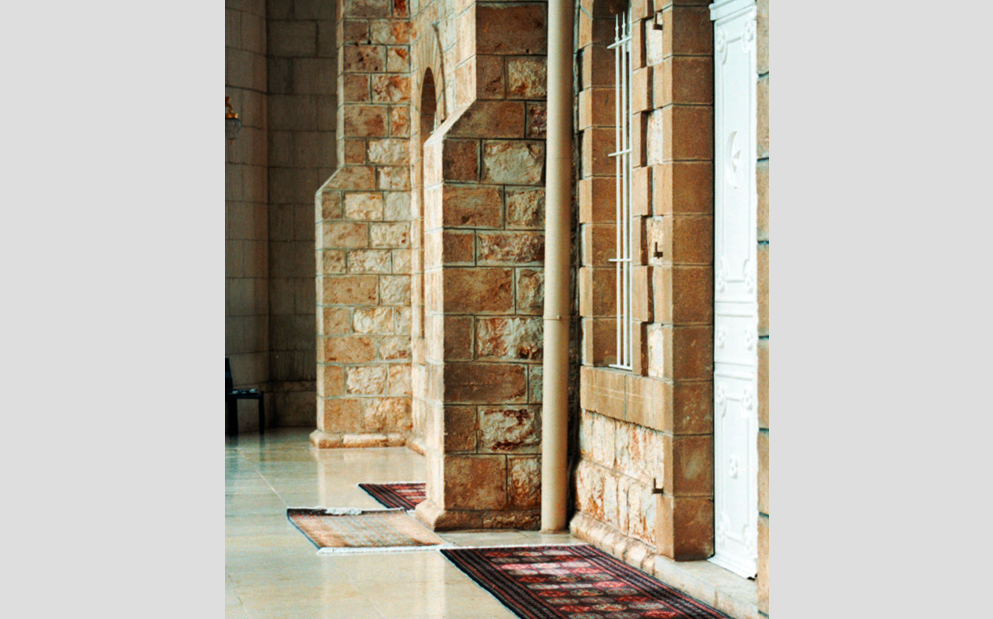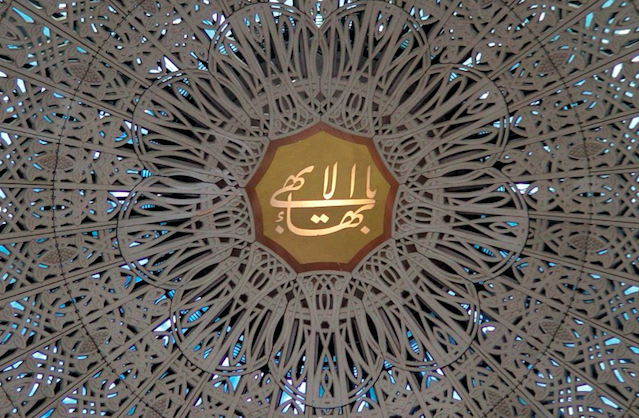Specific Teachings
-
Bahá’u’lláh: Against Persecution of Minorities
In the world as we know it today – and through much of historical time – to be identified by a society as a member of a minority is to be vulnerable. Repeatedly in history we see terrible outbreaks of persecution, violence and oppression against minorities. No part of the world and no culture is exempt. Of course such persecution is rooted in how we think about our fellow human beings. Only when a consciousness of the oneness of humankind truly takes hold will such horrors abate. Thus as we have already explored Bahá’u’lláh frames a new understanding of human relationships. Speaking of all human beings he states; Ye are the fruits of one tree,…
-
Sacrifice
The concept of sacrifice is integral to religion. Like other religious concepts it has undergone transformation over the ages. The concept of sacrifice was integrally connected with religious ritual. For example, animal sacrifices were widespread in ancient times. The practice gave way in Judaism (after destruction of the Temple) and in Christianity and other faiths to new ritual practices. For Christianity, the theme of sacrifice becomes focussed on the cosmic cycle of life, death and rebirth, much as in the ancient Egyptian myth of Isis and Osiris. Of Christ’s sacrifice Bahá’u’lláh writes: Know thou that when the Son of Man yielded up His breath to God, the whole creation wept with a great weeping. By sacrificing…
-
Healing
Healing has a deep connection with the work of the messengers of God. We may, for example, think of the many stories and parables of healing that are recounted in the Gospels. However, while the healing of the individual – physical or spiritual – can be involved, it goes far beyond that. The individual can only truly be whole and healed when society itself is in a condition of well-being. Healing is so integral to Bahá’u’lláh’s mission that he uses the metaphor of “Divine Physician” to convey insights into the process he is unfolding. Thus he writes: We can well perceive how the whole human race is encompassed with great,…
-
Trees of Meaning
Trees are a recurring metaphor in Bahá’u’lláh’s writings and the Baha’i writings more generally. Here are a few examples. Trees are a metaphor for transformation of the human heart. Incline your hearts, O people of God, unto the counsels of your true, your incomparable Friend. The Word of God may be likened unto a sapling, whose roots have been implanted in the hearts of men. It is incumbent upon you to foster its growth through the living waters of wisdom, of sanctified and holy words, so that its root may become firmly fixed and its branches may spread out as high as the heavens and beyond.[1] They stand as a…
-
Plan B – The Lesser Peace
* * * As noted previously, Bahá’u’lláh wrote to kings and rulers. He did not expect them to accept his proclamation of messianic fulfilment. Indeed he knew they would not. In his message to Queen Victoria he sets out an alternative for the world’s rulers: an alternative he refers to as the Lesser Peace. Now that ye have refused the Most Great Peace, hold ye fast unto this, the Lesser Peace, that haply ye may in some degree better your own condition and that of your dependents. O rulers of the earth! Be reconciled among yourselves, that ye may need no more armaments save in a measure to safeguard your territories and dominions.…
-
Bahá’u’lláh on Human Rights
Abdu’l Baha would, in his talks in 1911 and 1912 introducing Bahá’u’lláh’s teaching, identify a list of principles drawn from the teachings of Bahá’u’lláh. The list was not always exactly the same – and Abdu’l Baha would often introduce them with words such as “and among the teachings of Bahá’u’lláh”. We have already explored some of these topics, for example the oneness of humanity, the oneness of religion, the harmony of science and religion, equality of men and women, the balancing of material and spiritual in society. Abdu’l Baha also included human rights in that list. We should note that when he did so, there was no worldwide consensus around…
-
Achieving Unity
It was not obvious when Bahá’u’lláh stated it, but it is obvious today. The problems of the world cannot be solved and human welfare and peace cannot be achieved, until humanity’s unity “is firmly established”. Yet if we look around the world, there is nothing more obvious than the divisions that beset human beings. No two men can be found who may be said to be outwardly and inwardly united. The evidences of discord and malice are apparent everywhere, though all were made for harmony and union.[1] If unity were easy, it would have already been achieved. It is not impossible, but it is harder than even the most visionary goals human…
-
Detachment from the Material World
Bahá’u’lláh calls us to a spiritual life – but not an ascetic one. As discussed in a previous article, Bahá’u’lláh does not teach that the material world is inherently bad. It is the matrix within which our spiritual beings develop. And material reality speaks to us of the divine world. Yet, material existence is not the end goal of our lives. We are just passing through. The generations that have gone on before you—whither are they fled? And those round whom in life circled the fairest and the loveliest of the land, where now are they? … Others erelong will lay hands on what ye possess, and enter into your habitations.[1]…
-
The Nature of the Soul Doesn’t Change But Everything Else Does
One of the most poignant speeches by a political leader is that of Robert Kennedy given in Indianapolis in 1968, the night that Martin Luther King was assassinated. Robert Kennedy was himself assassinated 63 days later. As Robert Kennedy spoke, he recalled his own loss of his brother and the words of an Ancient Greek poet, Aeschylus. Even in our sleep, pain which cannot forget falls drop by drop upon the heart, until, in our own despair, against our will, comes wisdom through the awful grace of God. Here is evidence, if we need it, that the nature of the soul has not changed – even after the passage of…
